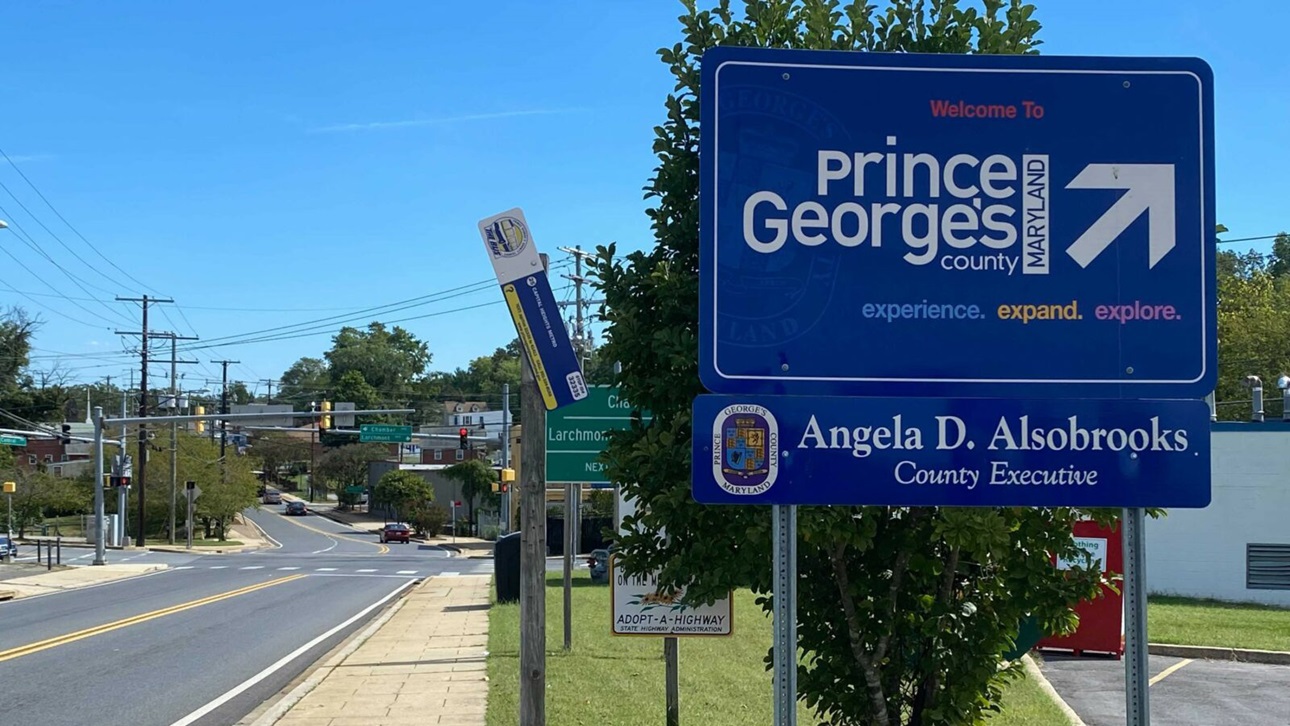ULI Washington: Prince George's County Housing Strategy TAP Report

The Panel was asked to identify the best tools for managing residential real estate development to (1) achieve the goals of Plan 2035; (2) support a robust and diverse residential housing market; and (3) generally support the county’s economic vitality. ULI was asked to assess the likelihood that Plan 2035’s goal of achieving specified amounts of residential development in identified urban centers can be achieved and to identify tools that will successfully direct more growth to urban centers. The Panel found that the rent stabilization plan was not well designed and lacked structure and certainty for the housing market. Though the County created the moratorium to improve the economic outlook for the region, the Panel anticipates that in the short run and long term, such a moratorium would have a negative effect on the County's economic development and housing goals.
The uncertainty surrounding the rent stabilization plan has already caused several multi-family builders to cancel planned projects and leave the County. Due to the long lead times in getting projects approved and built, canceling plans today will be felt well into the future, both in terms of housing availability and county revenues. The Panel recommended tools to encourage development in the urban core. These tools include (1) home purchaser and developer incentives and (2) updating Plan 2035 to account for a shift in work, transit, and housing patterns that have taken place as a direct result of the Pandemic, and since 2014, when Plan 2035 was created. The Panel also provided examples of best practices and case studies from other municipalities, both in the areas of rent stabilization and land use policies for the creation of new housing types, with the goal of helping Prince George's County move forward with its housing plans and development priorities that best serve its residents.
报告摘要:The Panel was asked to identify the best tools for managing residential real estate development to (1) achieve the goals of Plan 2035; (2) support a robust and diverse residential housing market; and (3) generally support the county’s economic vitality. ULI was asked to assess the likelihood that Plan 2035’s goal of achieving specified amounts of residential development in identified urban centers can be achieved and to identify tools that will successfully direct more growth to urban centers. The Panel found that the rent stabilization plan was not well designed and lacked structure and certainty for the housing market. Though the County created the moratorium to improve the economic outlook for the region, the Panel anticipates that in the short run and long term, such a moratorium would have a negative effect on the County's economic development and housing goals.
The uncertainty surrounding the rent stabilization plan has already caused several multi-family builders to cancel planned projects and leave the County. Due to the long lead times in getting projects approved and built, canceling plans today will be felt well into the future, both in terms of housing availability and county revenues. The Panel recommended tools to encourage development in the urban core. These tools include (1) home purchaser and developer incentives and (2) updating Plan 2035 to account for a shift in work, transit, and housing patterns that have taken place as a direct result of the Pandemic, and since 2014, when Plan 2035 was created. The Panel also provided examples of best practices and case studies from other municipalities, both in the areas of rent stabilization and land use policies for the creation of new housing types, with the goal of helping Prince George's County move forward with its housing plans and development priorities that best serve its residents.


